Results
-
 £61.99
£61.99Easy Lover - Phil Collins, Philip Bailey & Nathan East - Frank Bernaerts
Estimated dispatch 7-14 working days
-
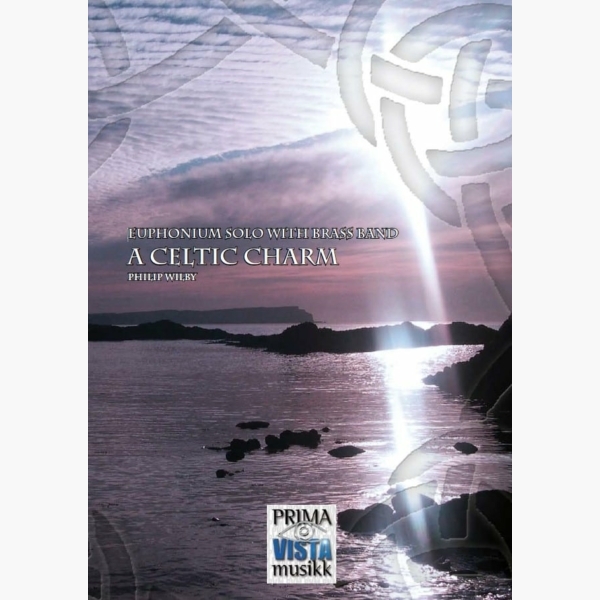 £24.95
£24.95A Celtic Charm - Philip Wilby
A Celtic Charm was originally written as a solo for flute with piano accompaniment. It is dedicated to Peter and Norma Wilson and received its first performance on the occasion of their wedding, being performed by the composer and his...
Estimated dispatch 5-7 working days
-
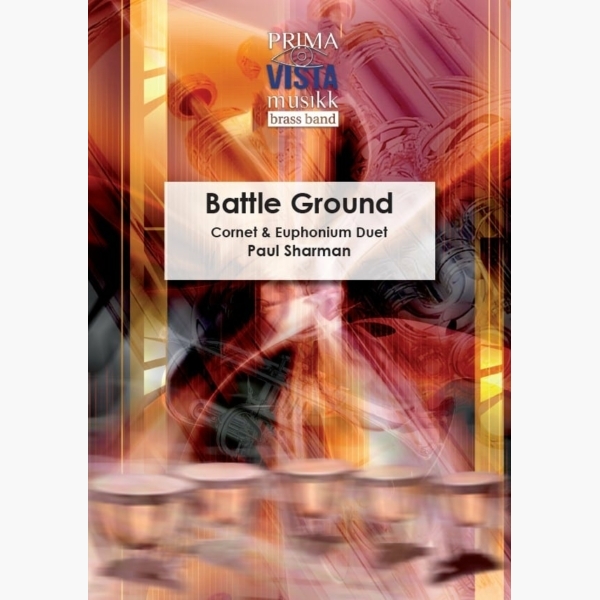 £24.95
£24.95Battle Ground - Paul Sharman
This duet was written for Hendon Salvation Army band's annual Hendon Highlights concert, held at the Cadogan Hall in London. The soloists on that occasion were Philip Cobb and David Childs. A Salvation Army song entitled 'God's Soldier' provides the...
Estimated dispatch 5-7 working days
-
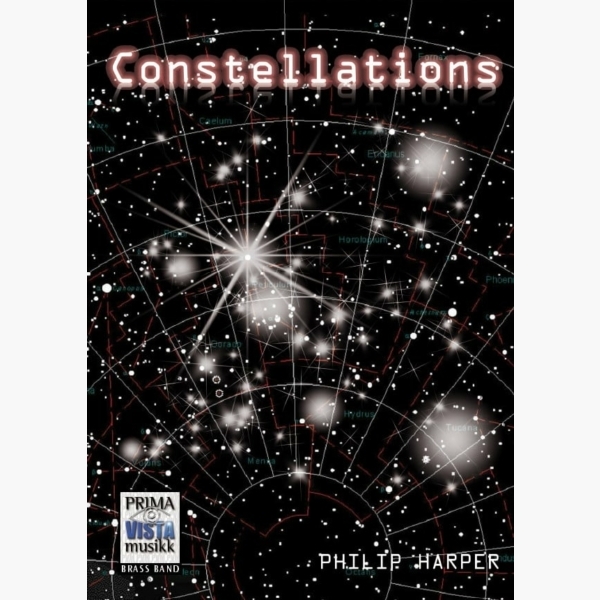 £49.95
£49.95Constellations - Philip Harper
Constellations is a 'razzmatazz' showcase for brass band and features not only the soloists, but also entire sections from within the band. The piece was commissioned by Nicholas Childs and the Black Dyke Band and the title of course refers...
Estimated dispatch 5-7 working days
-
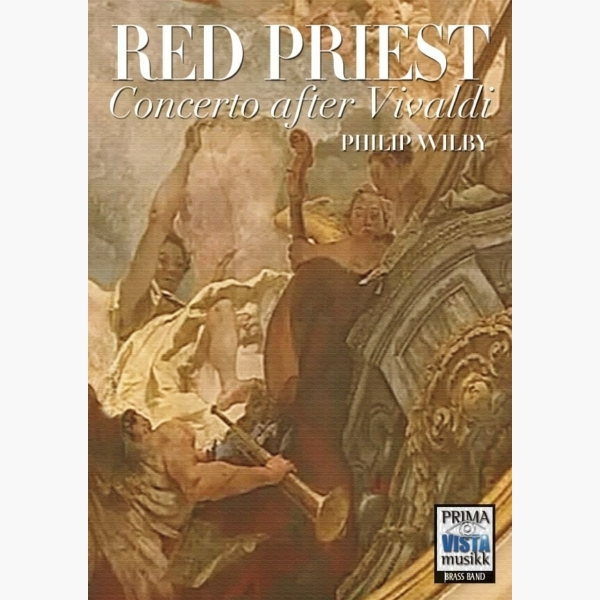 £84.95
£84.95Red Priest - Philip Wilby
During his lifetime, Antonio Vivaldi was known as 'Il Pretto Rosso', the Red Priest, thanks to his youthful ordination and his flaming red hair. The son of a violinist at San Marco in Venice, Vivaldi's musical pedigree was impeccable, and...
Estimated dispatch 5-7 working days
-
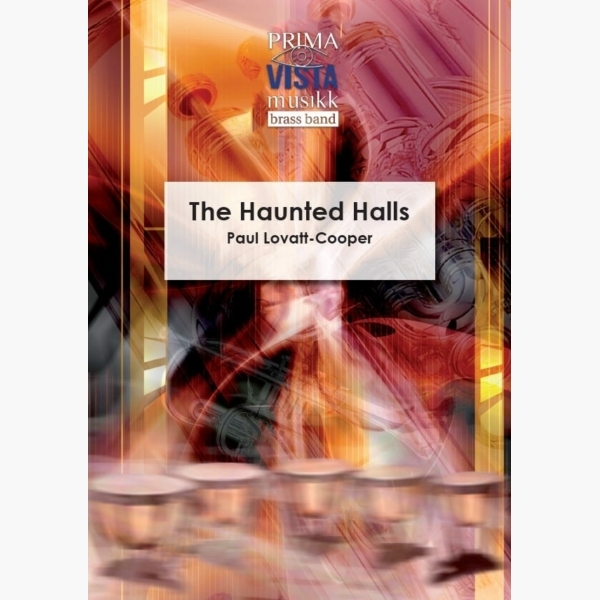 £49.95
£49.95The Haunted Halls - Paul Lovatt-Cooper
This piece was commissioned by Philip Biggs and Dr Nicholas Childs for the National Children's Brass Band of Great Britain for the Summer Course 2006 with funds provided by 'Youth Music'. The idea behind the piece lies in the magnificent...
Estimated dispatch 5-7 working days
-
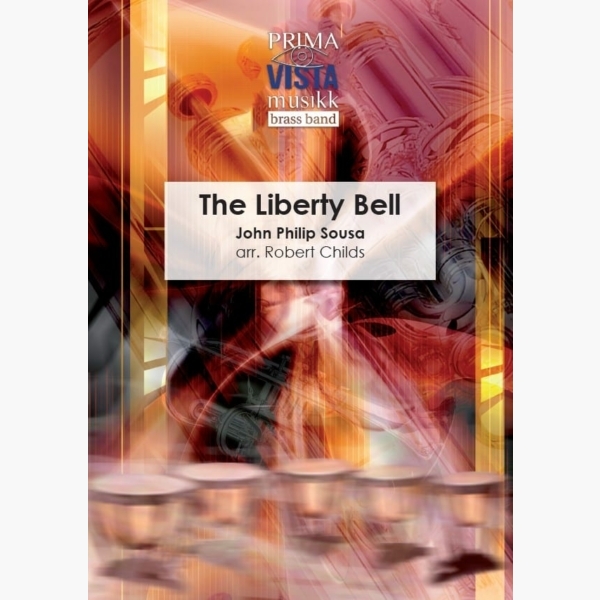 £24.95
£24.95The Liberty Bell - John Philip Sousa - Robert Childs
The Liberty Bell is an iconic symbol of American Independence. The actual bell was commissioned from the London firm, now known as, Whitechapel Bell Foundry in 1752 and was cast with the inscription: "Proclaim LIBERTY throughout all the land unto...
Estimated dispatch 5-7 working days
-
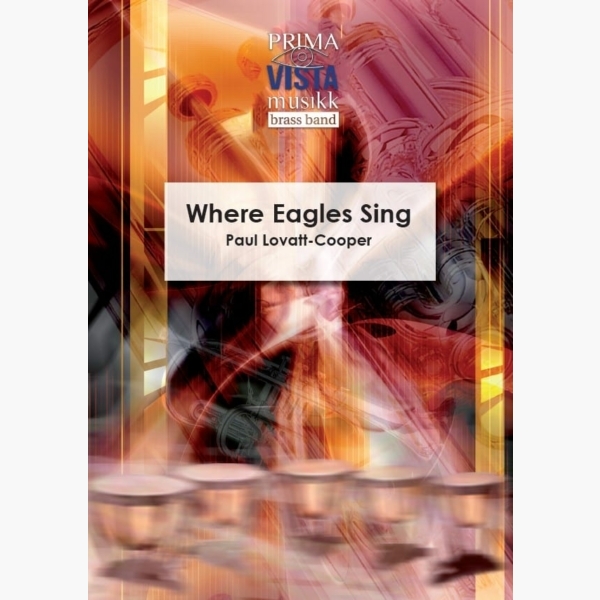 £34.95
£34.95Where Eagles Sing - Paul Lovatt-Cooper
This work was commissioned by Philip Biggs for the Great Northern Brass Arts Festival 2006 and was written for Black Dyke Band and first performed by them in Manchester's Bridgewater Hall on 2nd September 2006. The inspiration for this piece...
Estimated dispatch 5-7 working days
-
£34.95
FLOURISH (Trumpet Solo wth Brass Band Set) - Paul Sharman
This solo was written for Philip Cobb and takes its inspiration from Virtuosity, a trumpet solo by Kenny Baker. The song Hand me down my silver trumpet is referred to in the two outer sections while the laid-back, jazzy central section features the song When the roll is called up yonder. The reason for including this song is the first line of the first verse which reads When the trumpet of the Lord shall sound.
Estimated dispatch 7-14 working days
-
£44.95
SONG AND DANCE (Cornet Solo with Brass Band Set) - Philip Sparke
Estimated dispatch 7-14 working days
